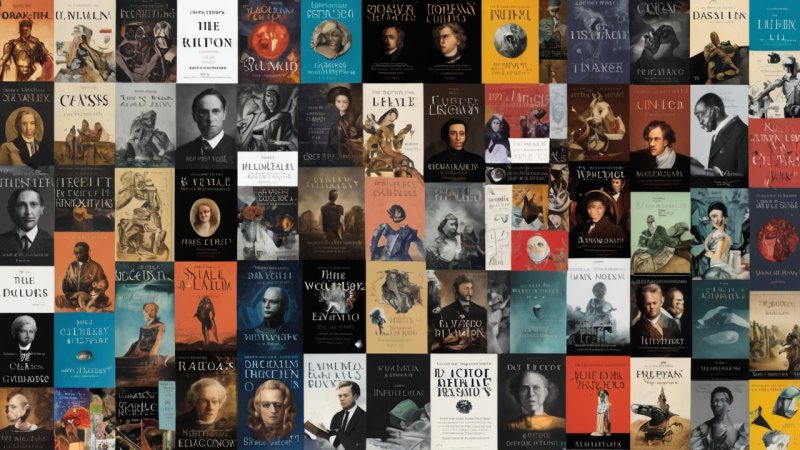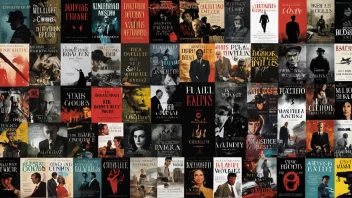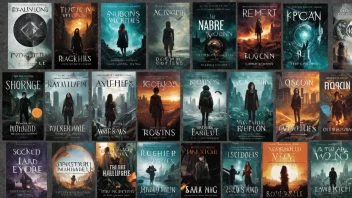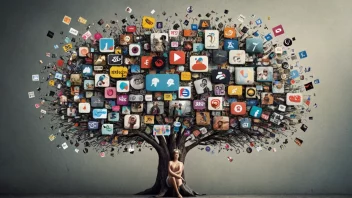The concept of artificial intelligence (AI) has fascinated writers and readers alike for decades, serving as both a mirror and a lens through which we can examine our own humanity. From classic works to modern tales, literature has explored the implications, ethics, and possibilities of AI in myriad ways.
What are some classic examples of AI in literature?
Classic examples include:
- Frankenstein by Mary Shelley - Often considered the first science fiction novel, it raises questions about creation and responsibility.
- Metropolis by Thea von Harbou - A novel that explores the societal impact of technology and the divide between classes.
- Do Androids Dream of Electric Sheep? by Philip K. Dick - A profound exploration of what it means to be human.
How is AI typically portrayed in modern literature?
Modern literature often portrays AI in various ways, including:
- As a Threat: In many dystopian novels, AI is depicted as a powerful entity that poses a threat to humanity.
- As Allies: Some narratives depict AI as supportive companions or tools that enhance human capabilities.
- As Complex Beings: Writers are increasingly portraying AI with emotions and consciousness, raising ethical questions about their treatment.
What are the ethical implications of AI as depicted in literature?
The ethical implications often explored include:
- Creation and Responsibility: Who is responsible for the actions of an AI? Can creators be held accountable?
- Rights of AI: Should sentient AIs be granted rights? How do we define consciousness?
- Impact on Society: How does AI affect human relationships, employment, and social structures?
How do different genres approach AI?
Different genres provide unique perspectives on AI:
- Science Fiction: Often explores futuristic technologies and societal impacts.
- Fantasy: May incorporate magical or mystical interpretations of intelligence.
- Thrillers: Often use AI as a plot device for suspenseful narratives.
What are some recent notable works featuring AI?
Recent notable works include:
- The Moon and the Other by John Kessel - Explores gender and societal roles through the lens of AI.
- Machines Like Me by Ian McEwan - A novel that questions morality and ethics in a world of AI.
- Autonomous by Annalee Newitz - Examines themes of freedom and control in a world influenced by AI.
Why is AI a relevant topic in literature today?
AI is increasingly relevant in literature due to:
- Technological Advancements: Rapid developments in AI technology prompt deeper exploration of its implications.
- Social Commentary: Literature serves as a platform to discuss the ethical dilemmas and societal changes brought about by AI.
- Human Experience: AI challenges our understanding of what it means to be human, making it a compelling subject.
How can readers engage with the theme of AI in literature?
Readers can engage by:
- Joining Book Clubs: Discussing AI-themed books can lead to rich conversations about the implications of technology.
- Writing Reviews: Sharing thoughts on AI in literature can foster a community of like-minded readers.
- Exploring Related Media: Films, podcasts, and articles can provide additional perspectives on the topic.
In conclusion, the portrayal of artificial intelligence in literature serves as a powerful medium to explore complex themes about humanity, ethics, and the future. As technology continues to evolve, so too will the narratives surrounding AI, ensuring that this subject remains relevant and thought-provoking for generations to come.






